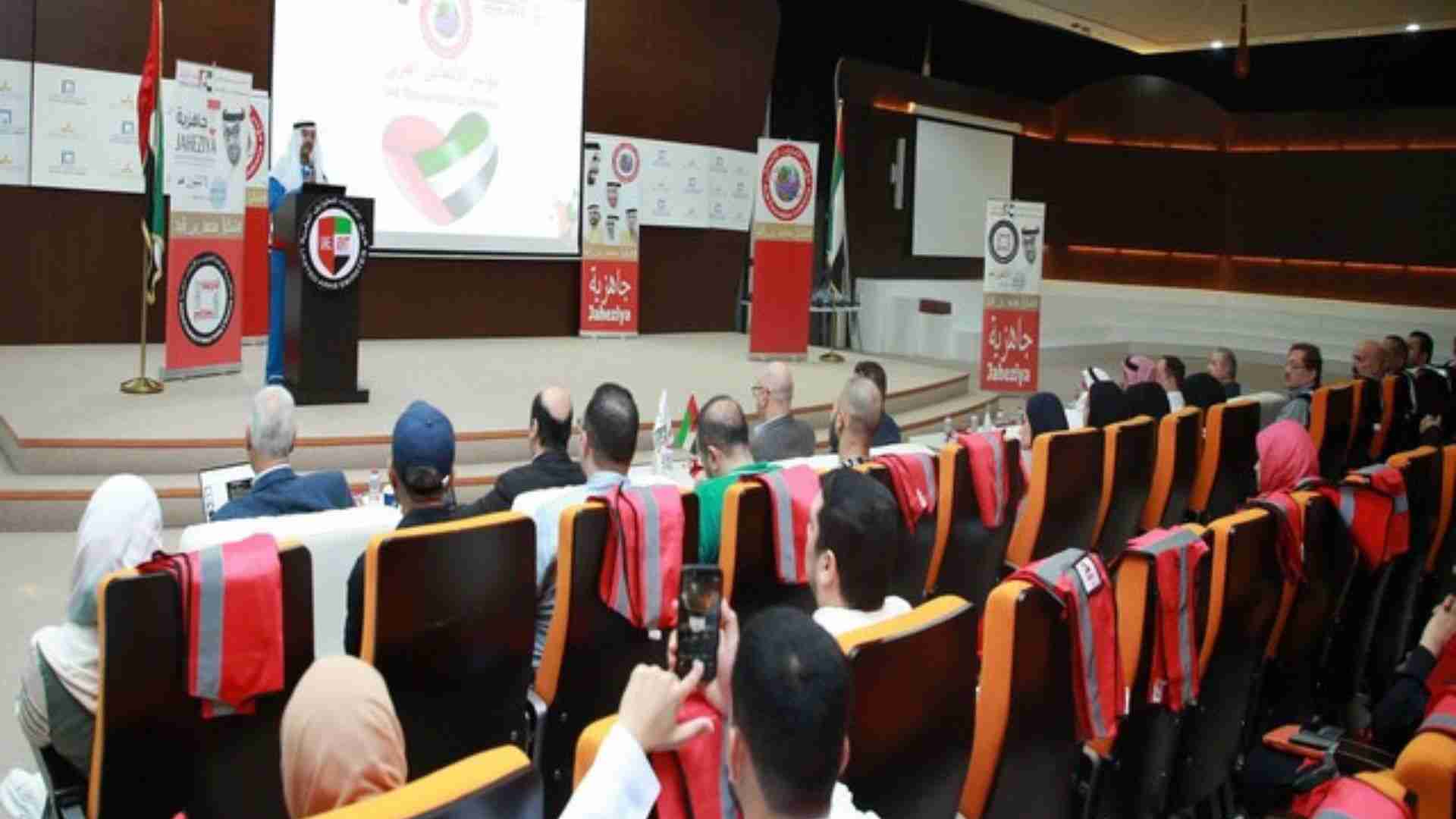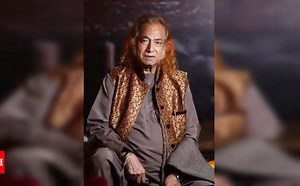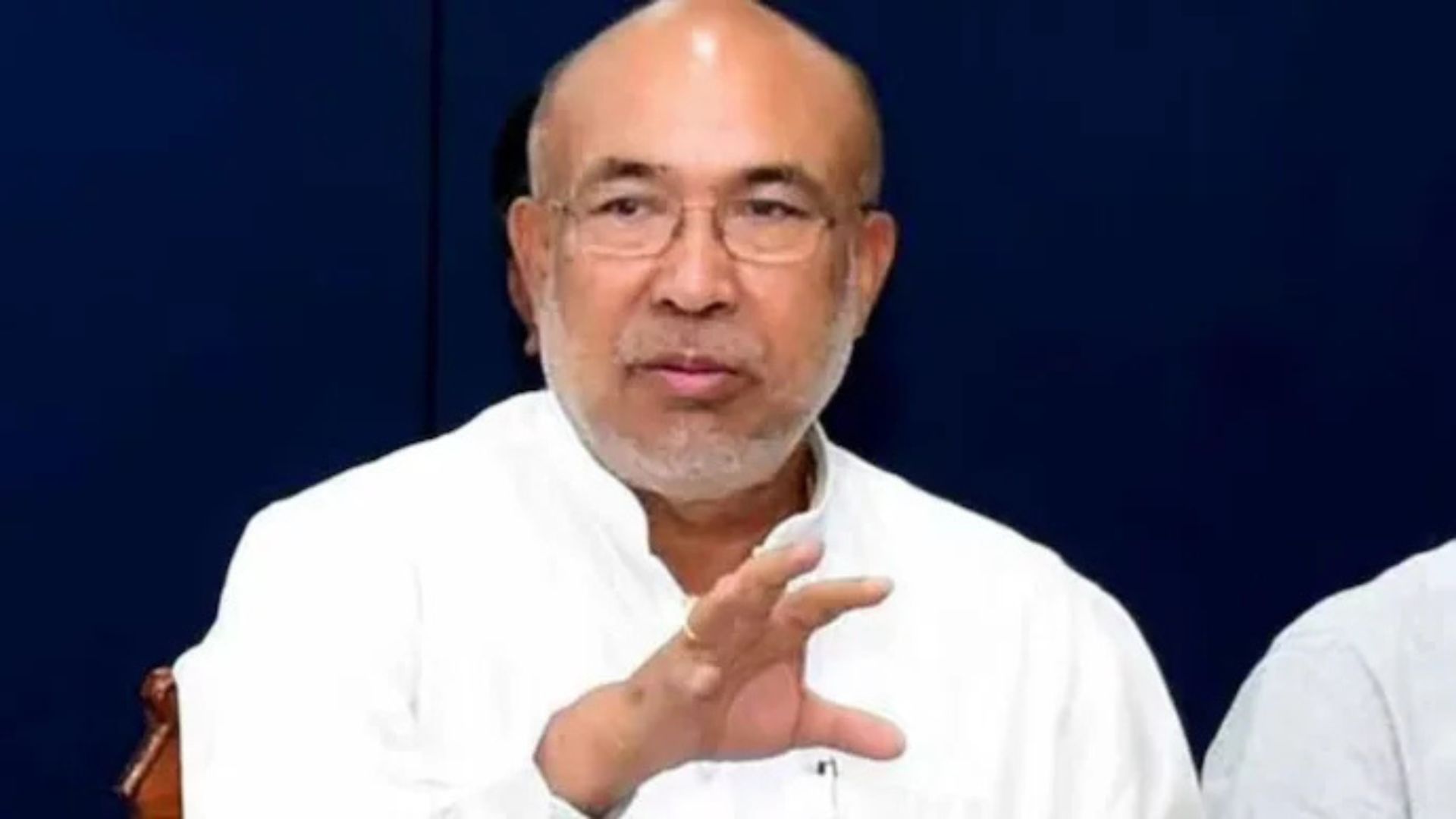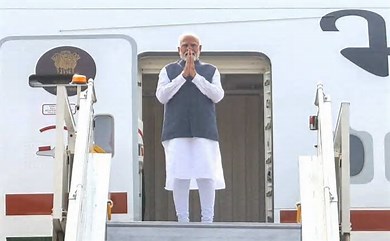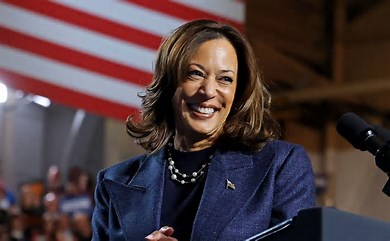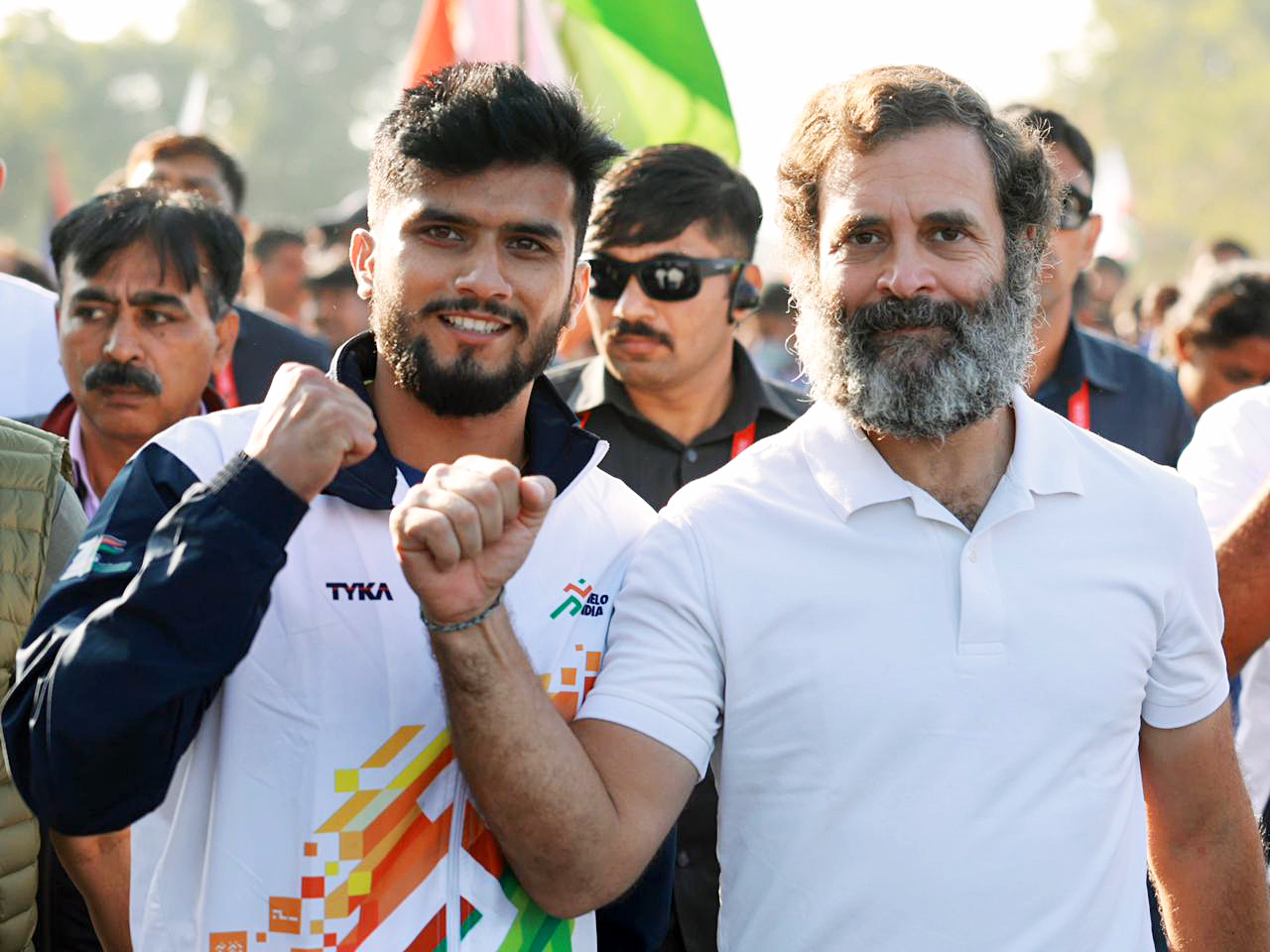
Rahul Gandhi’s marathon Bharat Jodo Yatra ended with a grand finale in Srinagar after the Congress leader hoisted the national flag at Lal Chowk. There is no denying the immediate impact of the yatra on the former Congress President’s image. The message that he carried, one of unity, also found wide appeal across the country. Here it was both the message and the messenger that the people welcomed. With our elections becoming more and more presidential, personal ratings are important and Rahul had an especially uphill task for he had to first undo the label of a Pappu, and then pin a new one on himself. To that extent, and more, the yatra has been a success. But now it is time for hard politics. Rahul Gandhi was not walking alone in a silo. As much as he reiterates that the yatra did not have a political end, he cannot avoid the glaring fact that yes, of course it does. He is the de facto leader of the Congress Party (with due apologies to the newly elected party chief, Mallikarjun Kharge). How can he distance his fortunes and activities from that of his party? Electorally, the yatra is yet to pay dividends. The Congress may have a pan India presence as is evident from the 120 million votes it got during the 2019 polls, but it lacks the organisational discipline to turn these into seats as is evident from the abysmal number of MPs it currently has in the Lok Sabha (only 52). So while Rahul was able to tap into the anti-government sentiment on the ground, the benefit may not come to the Congress but to other local parties who are better equipped to translate these into seats such as Jagan Mohan Reddy, KCR, Akhilesh Yadav and Stalin. This apart, now is the time for Rahul to take all the feedback that he has got on ground and use that to finetune party policy and ideology. It is not enough to just criticize the Modi government (and to his credit, Rahul is b e i n g p r o v e d right on many of his pronouncements from Covid to China to the Economy). But he also needs to tell the voter what the Congress stands for—its economic vision, its religious ideology and other fundamental positions. He will also need to spell out a blueprint of outreach for the marginalised sections. It’s not enough to say “We See You”. What will the Congress do for them? There is a certain maturing of Rahul Gandhi, the politician. For instance in Srinagar at a press conference he was asked whether a Congress government would bring back all the laws that the BJP government had repealed. Instead of jumping right in and playing to the gallery, Rahul turned to Jairam Ramesh and asked him what the party position on this is. Contrast this with the Rahul who held an impromptu press conference and tore up an ordinance passed by his own government way back in 2013. He may have wanted to bring back Article 370, but that is not what is the dominant mood of the nation (and even among his own party) and though Rahul had earlier been arguing in favour of bringing it back, he did not voice these sentiments but toed the party line. This is significant. The Bharat Jodo Yatra’s finale has coincided with the start of a crucial Budget session of Parliament. It would be interesting to see what out-of-the-box observations Rahul—and under his direction, the Congress—makes on the finance bill. For one can look at the Bharat Jodo yatra as a research exercise, but now it is time for Rahul to present his PhD thesis. And what better test than the floor of the House? So one awaits Rahul’s interventions on the Presidential Address, the Budget and any other issue that comes up before the Parliament. In the end, it is all political.

